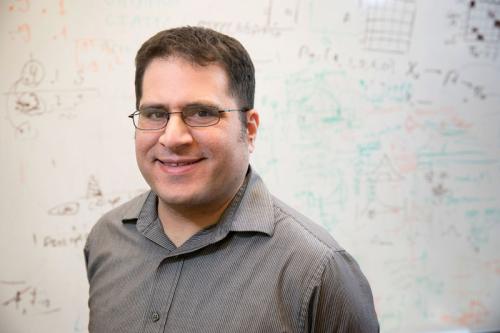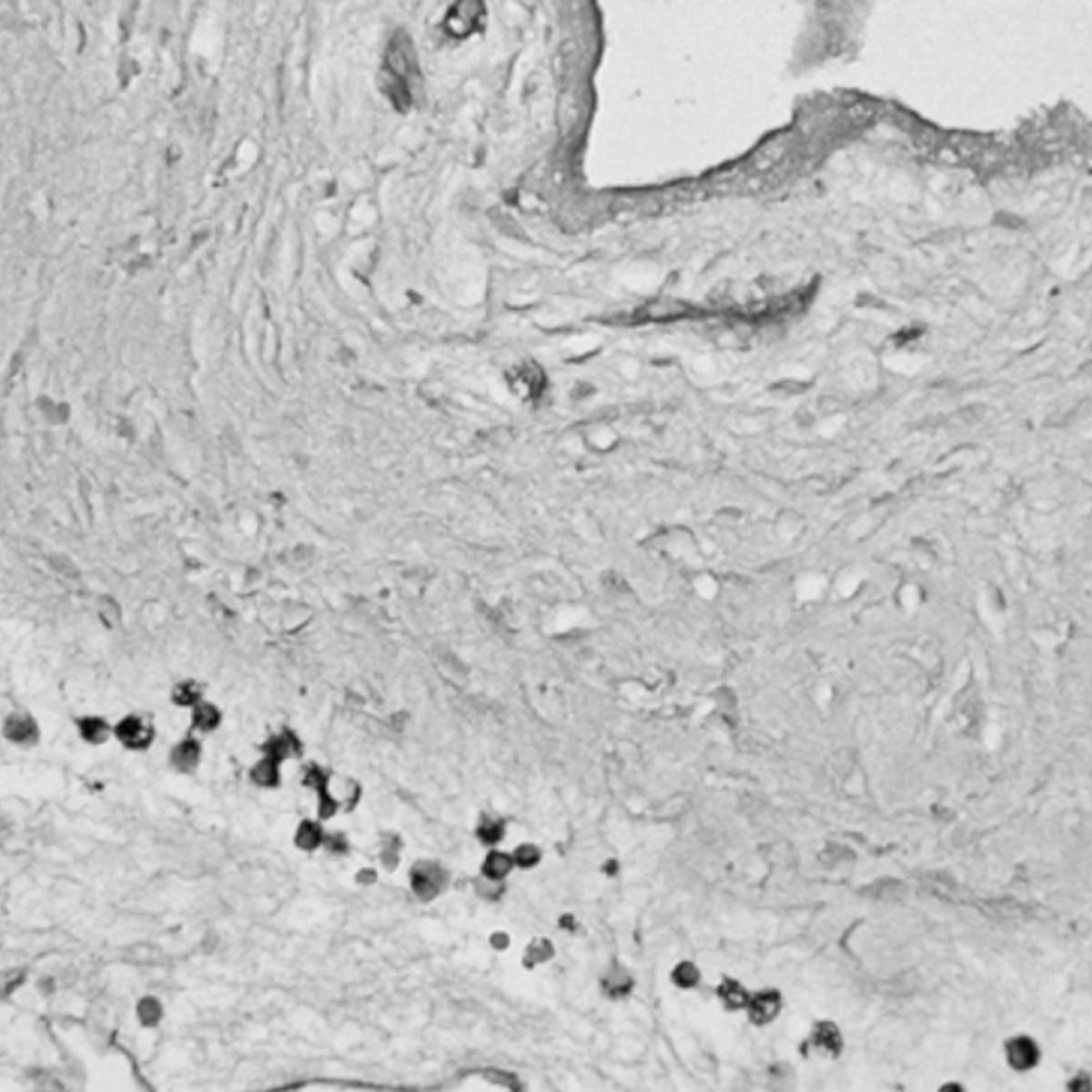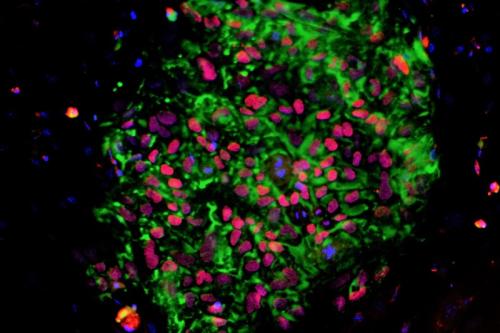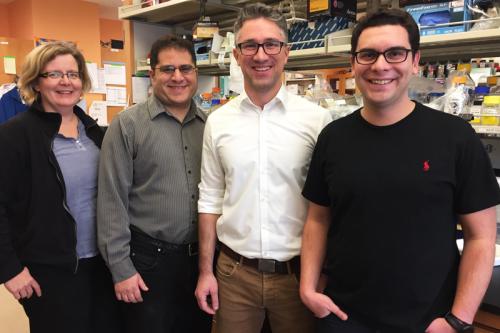
Jason Ernst, Ph.D.
- Professor, Biological Chemistry
- Professor, Computer Science
- Professor, Computational Medicine

Jason Ernst, Ph.D., develops and applies computational methods to improve the analysis of genomic and epigenomic data collected from cells. His innovative computing strategies are accelerating research into a broad range of diseases including schizophrenia, Alzheimer’s, autism and cancer.
High-throughput sequencing technologies can simultaneously analyze millions to billions of DNA fragments or RNA molecules. The vast quantities of data produced by these technologies necessitate the utilization of advanced bioinformatics tools and substantial computational resources for their thorough analysis and interpretation.
Ernst’s novel computational methods harness the power of machine learning to tackle challenges in epigenomics, regulatory genomics, transcriptomics and the interpretation of non-coding genomics data. The methods and software he develops are yielding key insights into regions of the genome associated with psychiatric disorders, neurodegenerative diseases and cancer.
Ernst has developed several widely-used bioinformatics tools and software programs including ChromHMM for chromatin state modeling and genome annotation and STEM and DREM for the analysis of time series gene expression data. Working alongside other center researchers, Ernst used genomic data to pinpoint exactly how four specialized proteins called transcription factors are able to change the identity of skin cells to create induced pluripotent stem cells.
Building on this work, Ernst collaborated with Kathrin Plath, Ph.D., to identify a fifth transcription factor that accelerated and enhanced tissue-specific cells’ transition to pluripotency — increasing the efficiency of the cell reprogramming process by a hundredfold. These discoveries are critical to researchers’ efforts to effectively model, understand and treat many life-limiting diseases using stem cell-derived tissues or cells.
Research Projects
- Understanding the impact of genetic variants on stem cell reprogramming In stem cell research, scientists can reprogram cells that have undergone differentiation, such as skin or blood cells, to revert back into an embryonic-like state. The resulting cells are called induced pluripotent stem cells. reprogramming In stem cell research, scientists can reprogram cells that have undergone differentiation, such as skin or blood cells, to revert back into an embryonic-like state. The resulting cells are called induced pluripotent stem cells.
- Studying rare non-coding genetic variants to identify specific cell types and genomic regions associated with increased susceptibility to psychiatric and neurological disorders
- Developing computational approaches to improve epigenome The network of chemical compounds surrounding DNA that can influence gene expression without altering the underlying DNA sequence. Changes in the epigenome can be influenced by the environment and can play a role in a person's health and disease. epigenome The network of chemical compounds surrounding DNA that can influence gene expression without altering the underlying DNA sequence. Changes in the epigenome can be influenced by the environment and can play a role in a person's health and disease.-based annotations of genomes
- Uncovering the relationship between substance use and psychiatric disorders using computational approaches to interpret variants from whole-genome sequencing data
-
Post-doctoral Fellowship
- Computational Biology and Epigenomics, Massachusetts Institute of Technology, 2011
Degree
- Ph.D., Machine Learning and Computational Biology, Carnegie Mellon University, 2008
-


